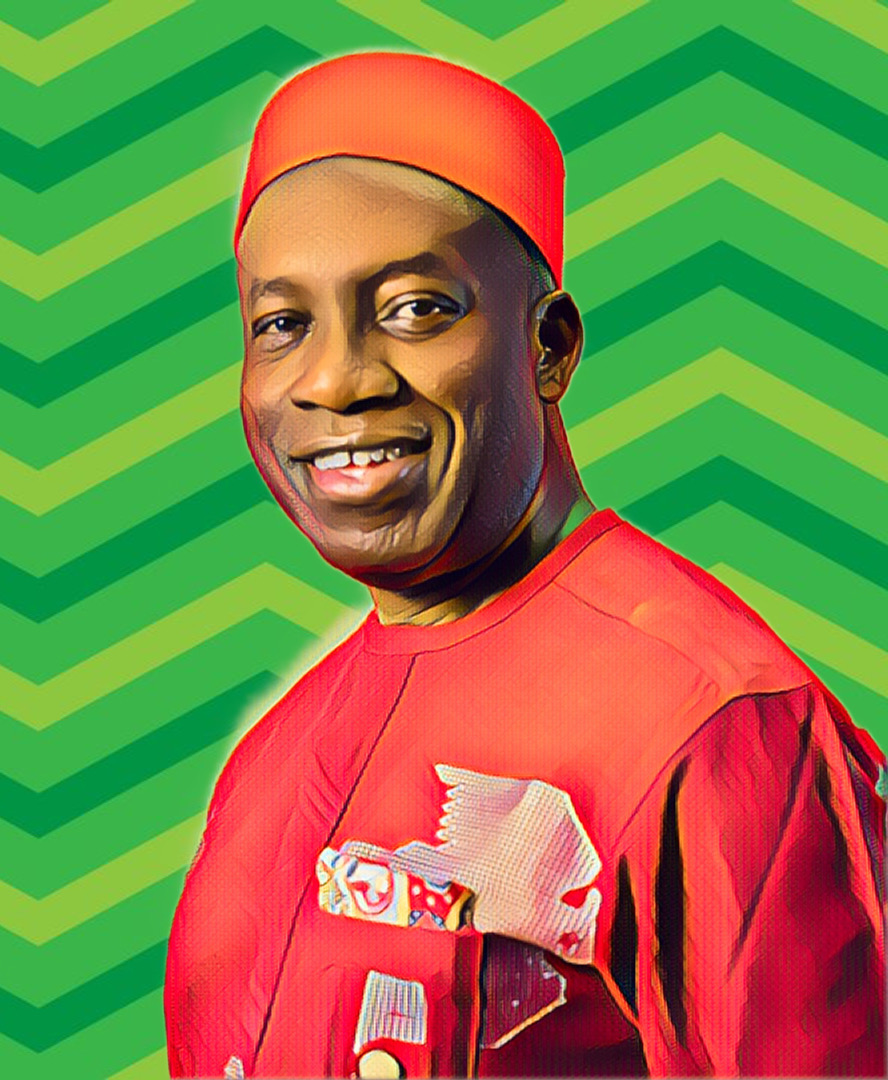KEY POINTS
-
Critics argue the soludo election victory was influenced by widespread vote buying.
-
Supporters say the soludo election victory reflects strong governance.
-
The soludo election victory has renewed debates about electoral credibility.
Following the electoral commission’s confirmation of his victory in last Saturday’s governorship election, Anambra State Governor Charles Chukwuma Soludo strengthened his hold on the state’s politics, reinforcing the All Progressives Grand Alliance’s long-standing hold on the state and bolstering his “Soludo’s Solution” campaign slogan.
Soludo election victory sparks focus keyphrase debate
Now, Soludo is the third governor to win a second term under the APGA in 26 years. Although his own ascent was the result of a protracted legal struggle that ultimately led to the off-cycle votes that elected Willie Obiano and later Soludo, Peter Obi is credited with setting the party on the route to supremacy in Anambra years earlier.
Soludo received 422,664 votes, according to the returning officer, Prof. Edoba Omoregie of the University of Benin. Nicholas Ukachukwu, a candidate for the All Progressives Congress, was his closest rival and garnered 99,445 votes. Paul Chukwuma of the Young Progressives Party received 37,753 votes, placing him in third place. All 21 of the state’s local government districts went to Soludo. However, a number of the defeated candidates, such as Chukwuma of the YPP, John Nwosu of the ADC, and Ukachukwu of the APC, disapproved of the results.
In a statement he personally signed, President Bola Ahmed Tinubu congratulated Soludo and stated the governor’s performance in office was highlighted by the magnitude of the victory. According to Tinubu, Anambra is “living up to its motto as the light of the nation,” and Soludo’s leadership has assisted in reorienting the state. He said the federal government would continue to work closely with the state and urged the governor to try to find common ground with political enemies.
However, the election has been increasingly criticized. The election was transformed into “a marketplace rather than a democratic exercise” due to the extensive distribution of cash at polling places, according to Nwosu of the ADC.
Stakeholders question soludo election victory
Osita Okechukwu, the former director-general of Voice of Nigeria, denied that the country was moving toward a one-party government. He maintained that changes in party structures frequently result from internal blunders and voter reactions rather than compulsion, and that Soludo’s victory demonstrated that political domination is never assured.
According to The Guardian, despite its obvious outcome, the election has sparked new discussions about the legitimacy of state-level elections and how money affects voter turnout. The larger discussion about political trust, party institutions, and voter involvement is probably going to get more heated in the coming months as Soludo gets ready for a second term.


